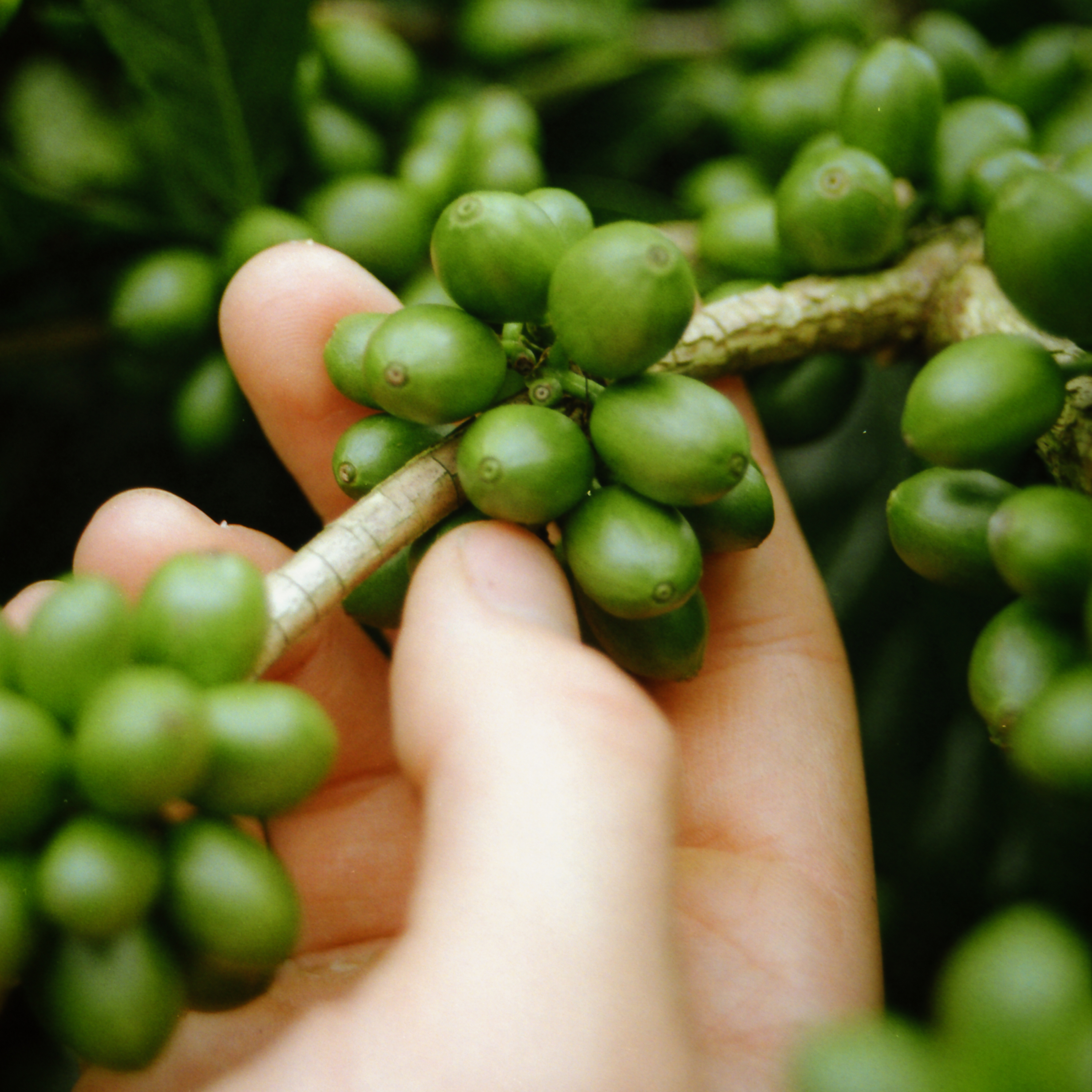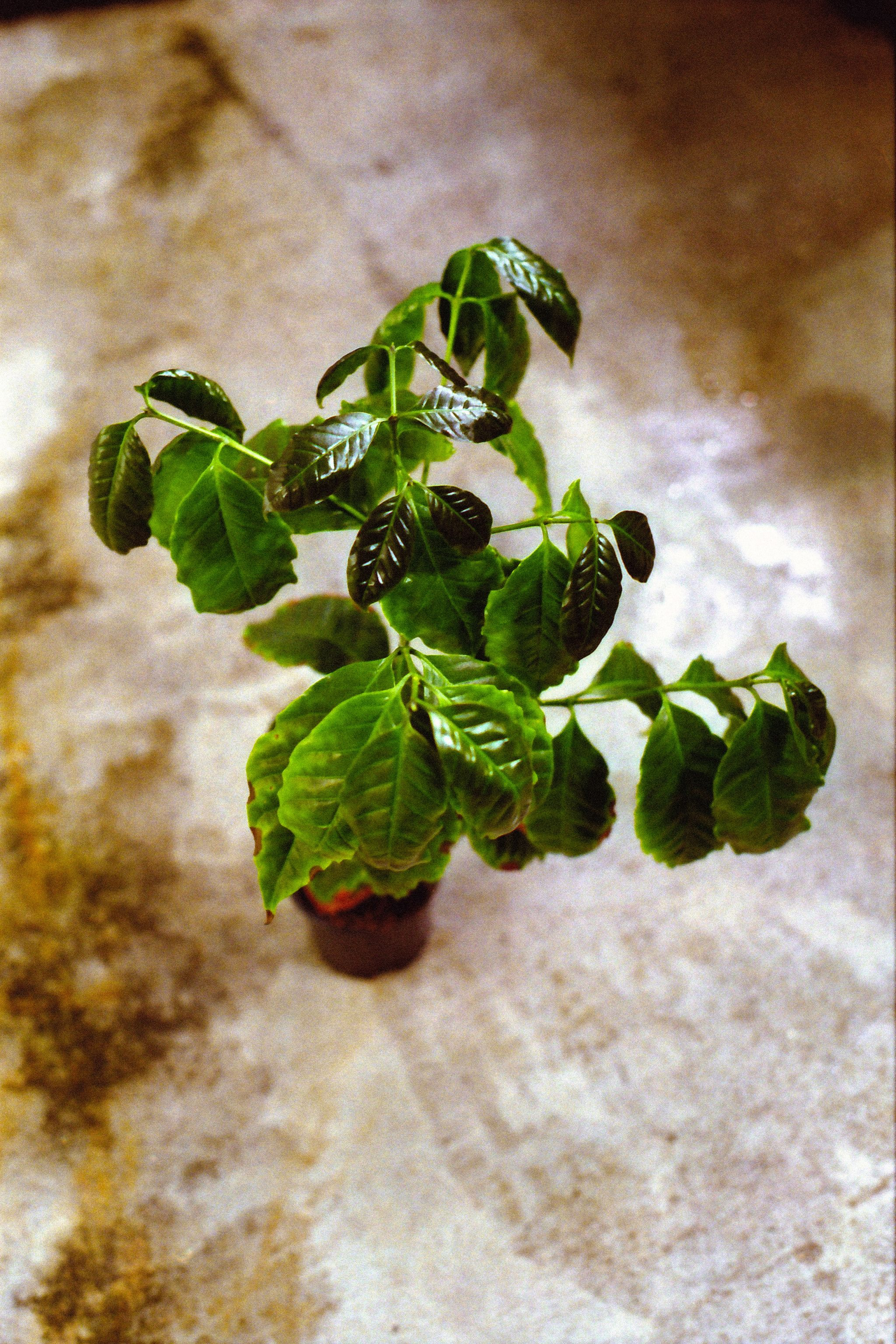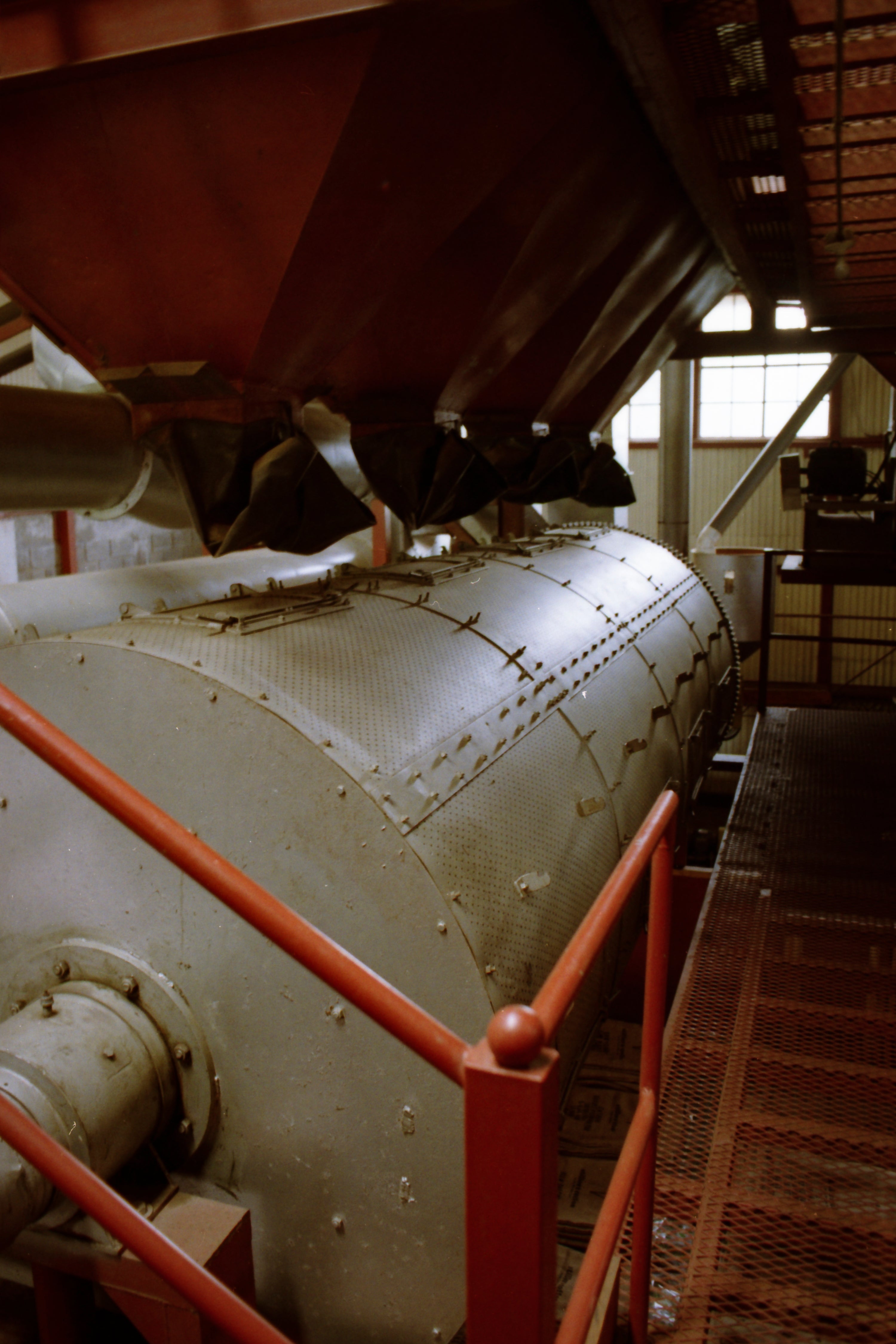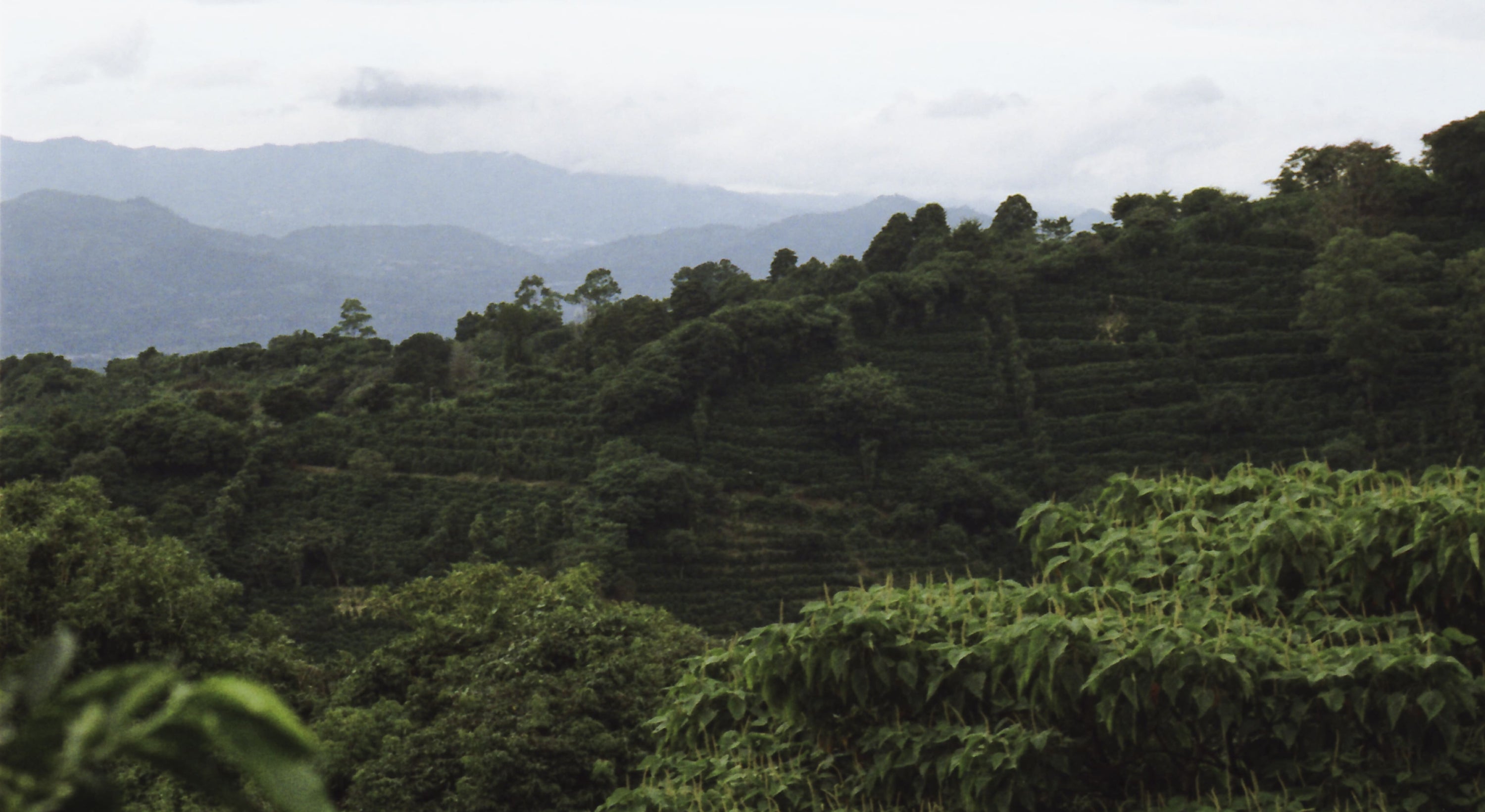Pollination Experiment - SL28 x Geisha
We are thrilled to release an experiment where we investigated the influence of cross-varietal pollination on the quality of SL28. Specifically, we examined whether the identity of the pollen donor (SL28/self-pollination vs. Geisha/cross-varietal pollination) could impact sensory attributes and chemical composition of the resulting seeds.
Inside the box, you’ll find two versions of the SL28 variety. The first is self-pollinated version (SL28 x SL28) showcasing a typical profile of this variety with pronounced blackcurrant and fruity notes, while the second one is cross-pollinated with geisha (SL28 x Geisha), producing a coffee with more complex aroma profile, with intense floral, citrus and cardamom.
What’s in the box
150g - Self-Pollinated SL28 (SL28 x SL28)
150g - Cross-Pollinated SL28 (SL28 x Geisha)
20ml - Poma x Apaxlab Tonik (1) mineral concentrate
- Coffee will be roasted on June 17 and ship the following day
- DHL Express within 1-3 days from Denmark

Cold Washed Self-Pollinated SL28 (SL28 x SL28)
A classic representation of the SL28 variety showcasing the robust fruitiness that is so characteristic of this variety. You will find ripe aromas of blackcurrant, elderberry and brown sugar that harmonate perfectly to create a balanced and juicy profile in the cup, combined with a long and sweet aftertaste like spring honey.
Cold Washed Cross-Pollinated SL28 (SL28 x Geisha)
This lot of SL28, a result of pollination with Geisha as a pollen donor, offer a surprising and exciting expression of the SL28 variety. The fruity characters of the SL28 mingled with the florality and elegance of the Geisha variety integrate perfectly to fully showcase the potential of cross variety pollination to manipulate quality. Expect aromas of blackcurrant, jasmine, and peach and a delicate balance between fruity and floral sweetness.
Tonik [1], mineral concentrate
We have teamed up with Apax Lab to develop a specific water profile that enhances the flavor of our coffees to their fullest potential. This water blend is carefully crafted to balance and elevate all the unique qualities of the coffee beans.

Pollination Partner Experiment on SL28
It is commonly known that better pollination results in better fruit set and yields. However, pollination is a fundamental yet often overlooked factor influencing coffee quality. While Coffea arabica varieties are largely self-pollinating,they are also capable of receiving and utilizing pollen from other Arabica varieties. This capacity for cross-pollination introduces the potential for genetic exchange and seedalterations, which may affect not only yield and fruit set, but also cup quality. Despite this, the role of pollination partner in shaping quality attributes has not been systematically studied under controlled conditions.
In this study, we investigated the influence of cross-varietal pollination on the quality of Arabica coffee. Specifically, we examined whether the identity of the pollen donor could impact sensory attributes and chemical composition of the resulting seeds. To enable clear observation of any deviations in cup profile, we selected the SL28 variety as the maternal plant. SL28 is known for its highly distinctive sensory traits—particularly its pronounced blackcurrant and fruity notes—making it an ideal baseline for detecting changes associated with different pollination partners.
During flowering, we transported pollen from the donor varieties(SL28, Caturra, Geisha, Typica) to the maternal variety (SL28)where we had all the receptive flowers caged up to not receive any outside pollen. The maternal variety had the male parts removed to avoid self-pollination.

Poma Research Station
Our Coffee Research Station was established six years ago in a climate-controlled greenhouse in Fyn, Denmark. Within this greenhouse, we manipulate environmental factors based on algorithms that mimic plant processes. This allows us to study how coffee trees react to climate change while also maintaining a stable environment for investigating the impact of farming practices.

Cold Washed Process
The coffee cherries were subjected to an initial cold storage period of 48 hours at 8°C. This gentle chilling process preserves and intensifies the coffee’s aromas without inducing fermentation, thereby safeguarding its natural taste profile. Subsequently, the cherries were depulped and underwent thorough washing and drying at low temperatures in a pressurized, rotating tumble dryer. This meticulous drying procedure ensures uniformity, resulting in a clean and crisp final product.
Technical Data
Producer: Rasmus Madsen
Origin: Poma Research Station, Denmark
Altitude: 1800 masl
Varietal: SL28
Process: Cold Washed
Harvest: Dec 2024
Brewing Advice
Rested coffee
We recommend resting our coffees for at least 10 days after the roast date, and we often find our coffee the most expressive around 3 weeks.
Water
To prepare, simply add 3.0g of the mineral concentrate to every 1 litre of high-quality demineralised water, then give it a good shake. This curated mixture will result in a mineral concentration of 90 parts per million (ppm) of perfectly balanced mineral compositions, optimising the brewing conditions for an exceptional coffee experience.
Brewing Parameters
We recommend using 13 grams of coffees to 200 grams of water. A coarse grind size approximately 900 micron. Brewing temperature 92C. Our brewing pattern is a 50g circular pour every 40 seconds. Total brew time is 3:00.






